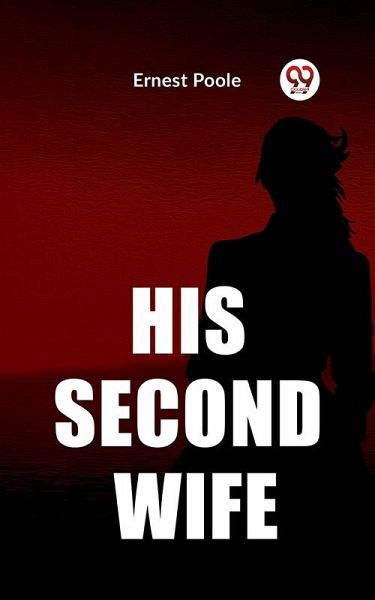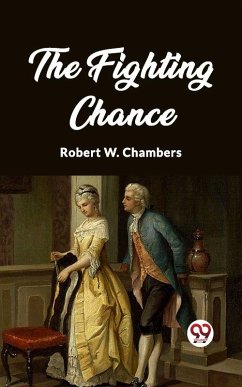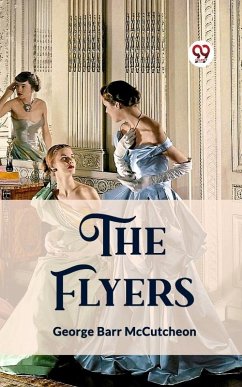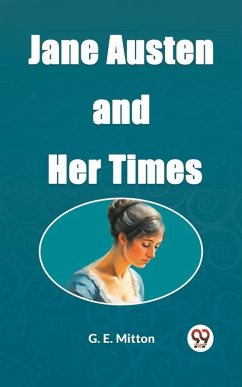
His Second Wife (eBook, ePUB)

PAYBACK Punkte
0 °P sammeln!
"e;His Second Wife"e; by Ernest Poole is a captivating domestic drama. In this compelling narrative, Poole explores the intricacies of marriage, love, and betrayal against the backdrop of early 20th-century New York City. The story follows protagonist Arnold
Dieser Download kann aus rechtlichen Gründen nur mit Rechnungsadresse in A, B, BG, CY, CZ, D, DK, EW, E, FIN, F, GR, HR, H, IRL, I, LT, L, LR, M, NL, PL, P, R, S, SLO, SK ausgeliefert werden.













